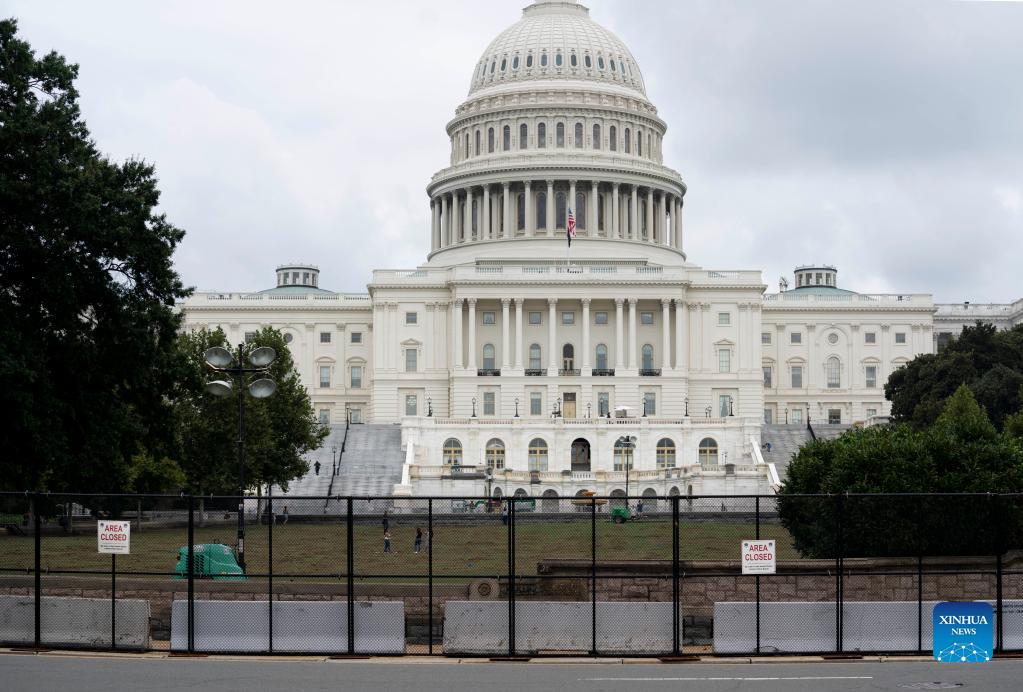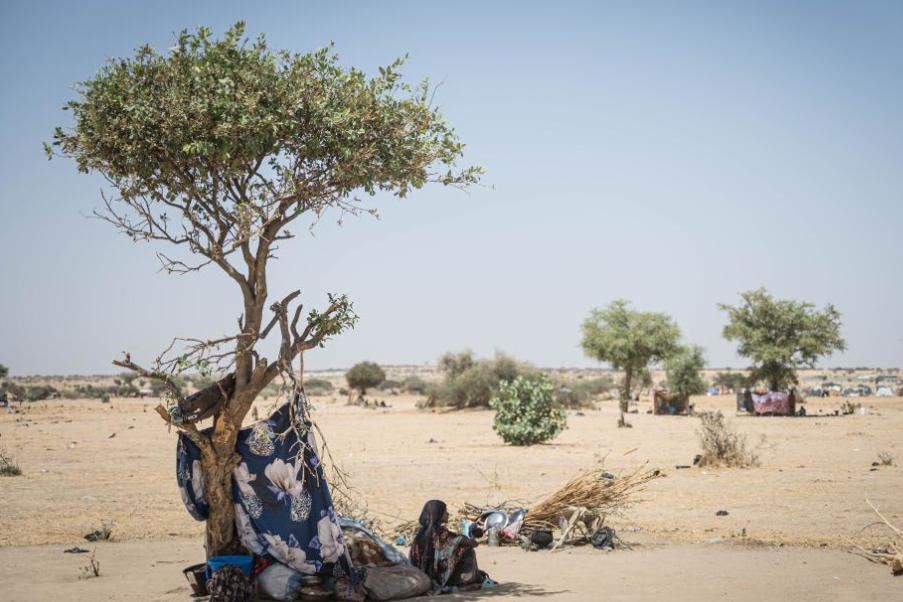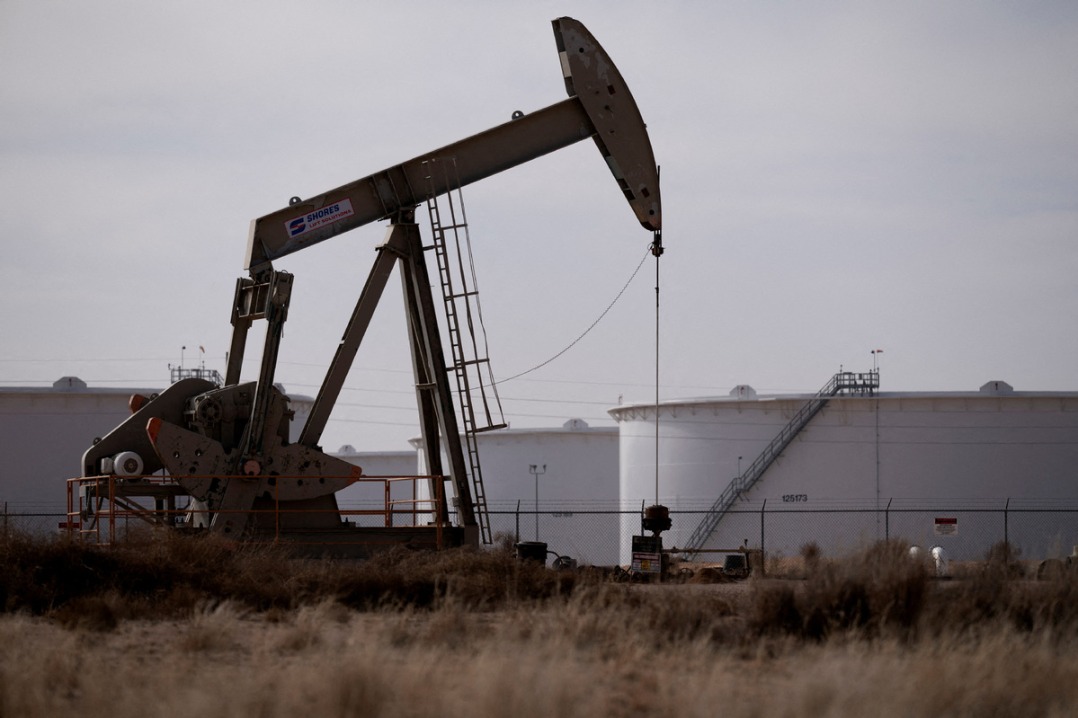Washington's sanctions 'addiction' fuels backlash


Washington has "become addicted to sanctions" like a 5-year-old craving candy, said a US columnist.
"If there is one tool policymakers and lawmakers in Washington are almost always predisposed to use, it is the economic stick commonly known as sanctions," said Daniel DePetris in an op-ed published recently by Newsweek magazine.
Recently, the United States has imposed new sanctions on individuals and entities for "human rights violations" during the so-called Summit for Democracy.
For years, the US, relying on its dominant position in the global economic and financial system, has frequently used sanctions to attack other countries in the name of "democracy and human rights". The practice seriously violates international law and the basic norms of international relations, and has also poisoned global economic security.
The US has overused its financial hegemony and technological advantages for a long time, and has continued to impose its domestic legislation all over the world under the guise of "human rights" and "national security" by sanctioning countries it regards as enemies or rivals, and imposing illegal unilateral long-armed jurisdiction on third parties, including its allies.
"Economic statecraft has been a vital component of US diplomacy since the early days of the republic," wrote Daniel W. Drezner, international politics professor at Tufts University, in a recent article published in Foreign Affairs magazine.
During the Cold War, Drezner said, the US issued rules and laws to prevent Soviet allies from accessing vital resources and technologies.
According to the US Treasury Department, the number of US sanctions has increased tenfold in the past 20 years. Former president Barack Obama imposed 2,350 sanctions in the second term of his presidency, and his successor Donald Trump imposed 3,800 sanctions during his term. As of Oct 1, the department has implemented 9,421 sanctions.
In early December, the so-called Summit for Democracy ended with endless doubts from the international community.
The fundamental purpose of democracy is to safeguard the interests of the people. However, the US government's "follow me or go against me" mentality has made great efforts on the international stage to wantonly disrupt other countries' economies and damage livelihoods through sanctions and bullying, without considering the interests of others. This has seriously violated international law and the basic norms of international relations, and disturbed the normal operation of the world economy and global industrial supply chains.
Acute hunger
In Afghanistan, 22.8 million of its population of 40 million face acute hunger during the winter months, with 8.7 million people at emergency levels, according to the United Nations' World Food Programme.
The Taliban have repeatedly urged the US to ease sanctions against Afghanistan and unfreeze Afghan assets, saying that US sanctions have caused serious damage not only to Afghan trade and commerce but also to humanitarian assistance.
Though US sanctions are often imposed under the banner of "democracy and human rights", such means, like foreign ideological exports and foreign wars, are tools for the US to maintain hegemony and serve the interests of its ruling class.
Foreign Affairs said the US has become a country "of sanctions", having a tendency for "the use and abuse of economic coercion".
In a recent op-ed published in South China Morning Post, Chandran Nair, founder and CEO of the Global Institute for Tomorrow, wrote that the US' approach is the age-old "with us or against us" strategy, and "delivers all the consequences that a hegemony can inflict upon noncompliant states".
"The truth is that Washington's fixation with sanctions has little to do with their efficacy and everything to do with something else: American decline," Drezner said.
Two decades of war, recession, polarization and a pandemic have dented the US' power. "Frustrated US presidents are left with fewer arrows in their quiver, and they are quick to reach for the easy, available tool of sanctions," Drezner said.
Xinhua































